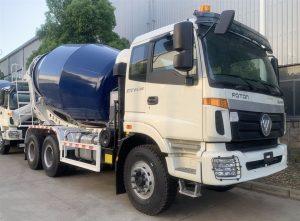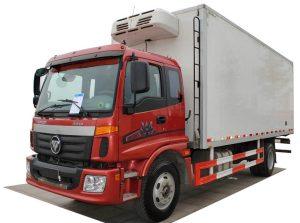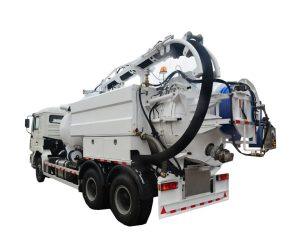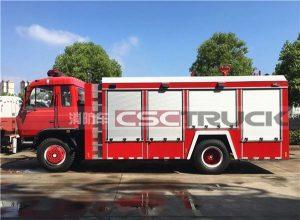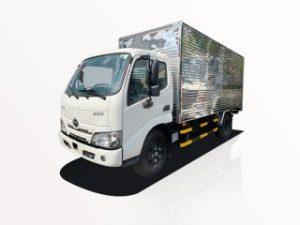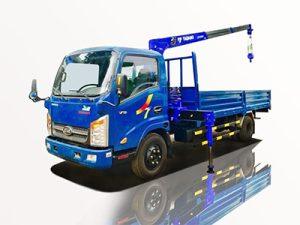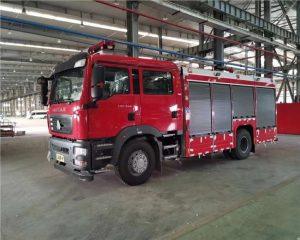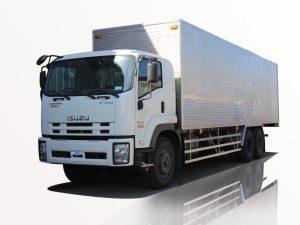Monday to Saturday - 8:00 -17:30
Waste Management Front End Loader: Essential Insights and Practical Guidelines
Introduction
In the era of increasing waste generation, effective waste management has become critical for environmental sustainability and public health. One of the key players in this domain is the front end loader, a powerful machine designed to streamline waste handling processes. This article will explore all aspects of waste management front end loaders, including their role, types, and best practices in usage to enhance operational efficiency.
The Role of Front End Loaders in Waste Management
Front end loaders are versatile heavy equipment used in various sectors, but their significance in waste management cannot be overstated. They play a crucial role in loading, transporting, and unloading waste materials, ensuring a smoother and more efficient waste management system.
1. Key Functions of Front End Loaders
Front end loaders are employed in waste management for several key functions:
- Loading: They efficiently scoop and load waste materials into trucks or containers.
- Transporting: They move waste from one location to another within the facility.
- Sorting: Some advanced models are equipped for sorting recyclable materials from general waste.
2. Importance in Landfills and Recycling Centers
Front end loaders are instrumental in maintaining operations at landfills and recycling centers. They help in:
- Managing incoming waste more effectively.
- Ensuring proper compaction of waste for better space utilization in landfills.
- Facilitating sorting processes in recycling operations.
Types of Front End Loaders Used in Waste Management
There are various types of front end loaders designed for specific tasks in waste management, each with unique features.
1. Wheel Loaders
Wheel loaders are the most common type of front end loader, providing high maneuverability and efficiency in urban settings.
2. Track Loaders
Track loaders are suited for heavy-duty applications and can navigate rough terrains often found in landfill sites.
3. Electric Loaders
With sustainability in mind, electric loaders are emerging in the market, offering reduced emissions and lower noise levels, making them ideal for residential areas.
Choosing the Right Front End Loader for Waste Management
Selecting the appropriate front end loader depends on several factors. Below are some considerations to keep in mind.
1. Load Capacity
It’s essential to choose a loader that can handle the volume of waste you manage. Make sure to check the specifications of different models based on your needs.
2. Engine Efficiency
Look for fuel-efficient models to reduce operational costs. Modern loaders often feature eco-friendly technology.
3. Maintenance and Support
Choose a manufacturer that offers excellent support and maintenance services to ensure longevity and performance of your equipment.
Best Practices for Operating Front End Loaders in Waste Management
The efficiency and safety of front end loaders can be maximized by following these best practices:
1. Operator Training
Investing in comprehensive training programs for operators is fundamental. Skilled operators minimize accidents and enhance productivity.
2. Regular Maintenance
Schedule frequent inspections and maintenance to keep your loaders in top condition. This increases their lifespan and prevents breakdowns.
3. Adhering to Safety Protocols
Ensure that all safety protocols are strictly followed, including wearing personal protective equipment and following operational guidelines.
4. Efficient Loading Techniques
Implement efficient loading techniques to avoid spillage and maximize space in trucks or containers. This includes loading from the center outward and maintaining balance.
The Future of Waste Management with Front End Loaders
As waste management technologies advance, front end loaders are also evolving to meet the demands of modern waste handling.
1. Automation and Smart Technologies
The introduction of automated loaders equipped with AI capabilities is set to revolutionize the waste management sector by improving accuracy and reducing reliance on human labor.
2. Environmental Considerations
With a growing emphasis on sustainability, future front end loaders will likely focus on reducing emissions and increasing recyclability.
Case Studies: Successful Implementation of Front End Loaders in Waste Management
Real-world examples can help us understand the successful deployment of front end loaders within waste management systems.
1. City A: Urban Waste Management
City A implemented a fleet of wheel loaders in their municipal waste management program. This enhanced their ability to respond to daily waste collections, improving service efficiency by 30%.
2. Company B: Recycling Operations
Company B invested in electric front end loaders, significantly reducing operational costs, and improving their green credentials—all while maintaining high productivity levels in their recycling center.
Cost Analysis: Front End Loader Investments
Investing in front end loaders requires a comprehensive cost analysis that encompasses initial purchase price, operating costs, and maintenance expenses.
| Type of Loader | Initial Cost | Operating Cost (per hour) | Maintenance Cost (annual) |
|---|---|---|---|
| Wheel Loader | $100,000 | $20 | $5,000 |
| Track Loader | $120,000 | $25 | $6,000 |
| Electric Loader | $150,000 | $15 | $4,000 |
FAQs about Waste Management Front End Loaders
1. What is a front end loader used for in waste management?
Front end loaders are used for loading, transporting, and unloading waste materials efficiently in various waste management settings such as landfills and recycling centers.
2. How do I choose the right front end loader for my needs?
Consider factors such as load capacity, engine efficiency, and manufacturer support when selecting the appropriate front end loader for your waste management operations.
3. What maintenance is required for front end loaders?
Regular inspections, timely oil changes, and checking fluid levels are essential maintenance tasks to keep front end loaders in optimal working condition.
4. Are electric front end loaders effective for waste management?
Yes, electric front end loaders are increasingly popular due to their low emissions and operational efficiency, making them suitable for urban environments.
5. How can I improve the efficiency of my front end loader operations?
Training operators, following best loading practices, and conducting regular maintenance will significantly enhance the efficiency of front end loader operations.
6. What role will automation play in the future of front end loaders?
Automation will likely improve operational efficiency, reduce labor costs, and enhance accuracy in waste management processes, marking a significant advancement in how front end loaders function.


